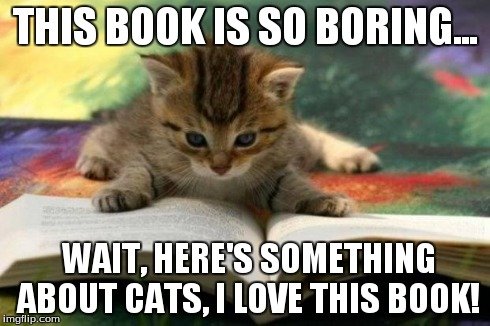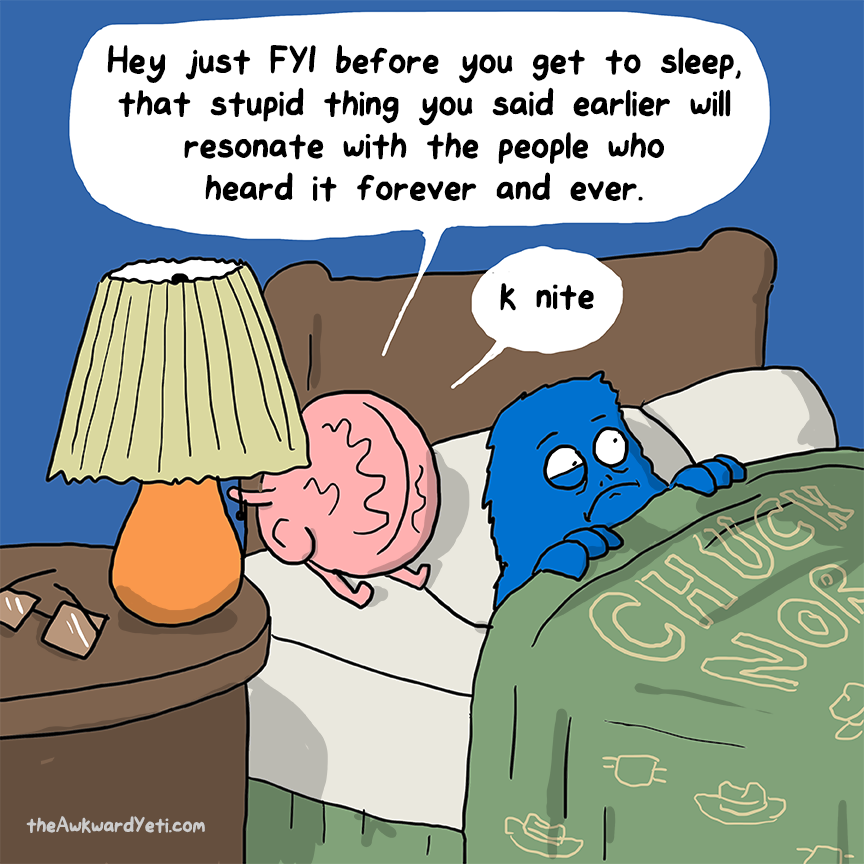
Have you ever read a book or an article and immediately forgot everything you just pored over? Happens to me all the time.
There’s a phrase or expression I like to use that continually plagues me during my readings and studies. As much as I’d love to blame it on some profound arbitrary hindrance, the unsophisticated reality is that my attention span rivals that of a Pop-Tart. The phrase is as follows:
Reading with your eyes and not your mind
No matter how hard I try to avoid it, I have the inexorable ability of forgetting half the shit I read or I am unable to understand the author’s message. My mind wanders off to some ephemeral land of dreams in search of entertainment or to quickly remind me about some derisory existential crisis I recently experienced.

More often than not I can blame my wandering mind on disinteresting or unentertaining reading material that’s diarrhea blasted all over the internet. It wasn’t until a professor and friend of mine introduced me to this man’s work where I had such an antithetical reading experience.
I have never felt more inadequate, in terms of literary comprehension, until I read some of Christopher Hitchens’ creations. I remember when I first attempted to read his book, Letters to a Contrarian. As I was scrolling through, I constantly found myself putting the book down in order to lookup some of his vocabulary in the dictionary. There were times where I literally had no idea wtf he was talking about. At the risk of sounding like an illiterate plebeian, I was apprehensive to even write on this topic.

His command of the English language was so prevalent that it shared characteristics of Napoleon Bonaparte’s military titanism. Arguably considered to be a modern day Shakespeare, Hitchens’ unfathomable and unique ability to string together words and phrases was a form of true poetic genius.
If you put aside all political, socioeconomic, and religious views, and simply look at the fundamental appreciation for grammar and the English language, the man was an unparalleled savant in a class of his own.
As I attempt to do with most of my other writings, I like to leave people with some form of knowledge or takeaway at the end. Here’s a vocab lesson I learned the hard way. Hopefully some (or most) are words people are also unfamiliar with:
- Surreptitious - kept secret, especially because it would not be approved of
- Obfuscation - to confuse, bewilder, or stupefy
- Meretricious - apparently attractive but having in reality no value or integrity
- Anomie - lack of the usual social or ethical standards in an individual or group
- Excoriate - censure or criticize severely
- Trenchant - vigorous or incisive in expression or style
- Pejorative - expressing contempt or disapproval
- Redolent - strongly reminiscent or suggestive of (something)
- Casuistry - the use of clever but unsound reasoning, especially in relation to moral questions; sophistry
- Solipsism - the view or theory that the self is all that can be known to exist
- Jingoism - extreme patriotism, especially in the form of aggressive or warlike foreign policy
- Apotheosis - the highest point in the development of something; culmination or climax
Coincidentally, an article was posted this morning by The Guardian, titled, "Martin Amis working on novel about Christopher Hitchens, Saul Bellow and Philip Larkin." I look forward to reading what Mr. Amis has yet to unveil in his tributary novel about some extraordinary men. @ebryans
